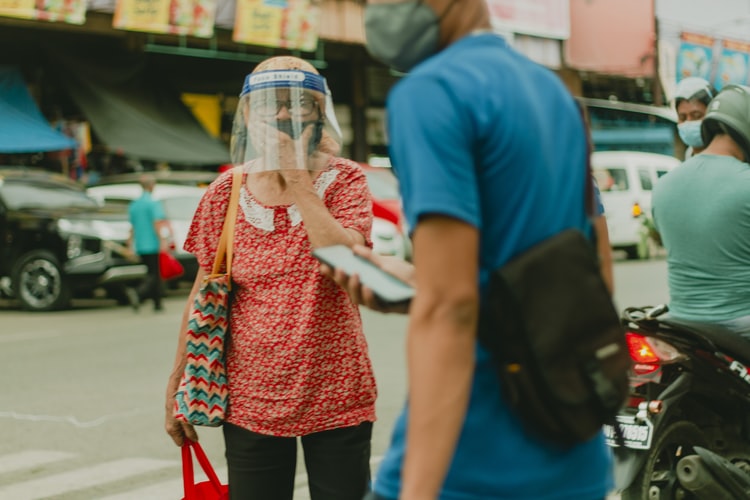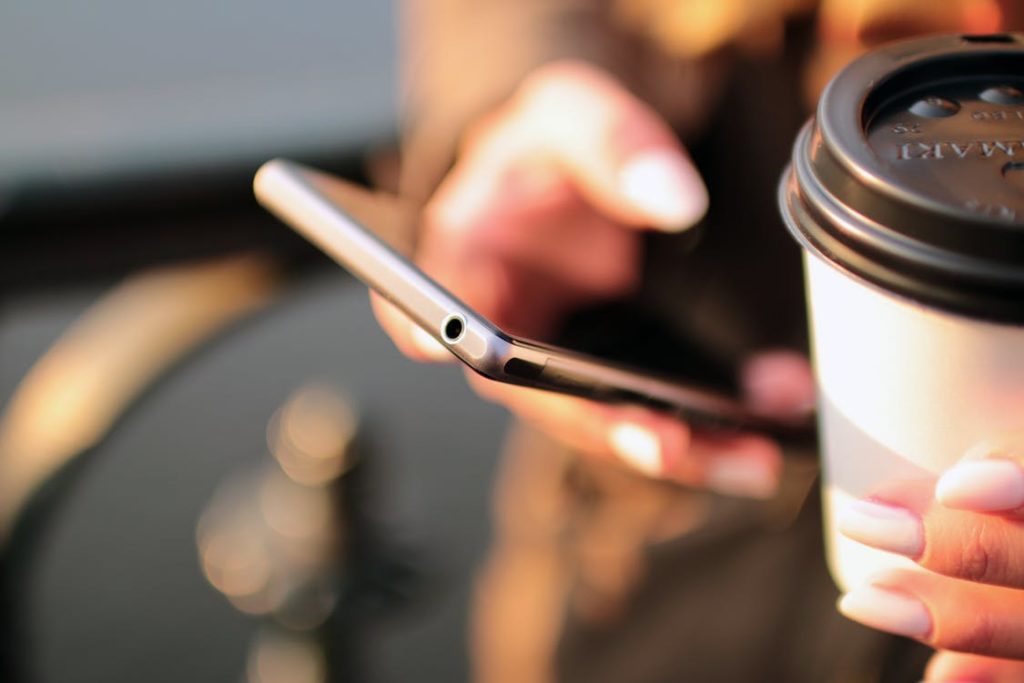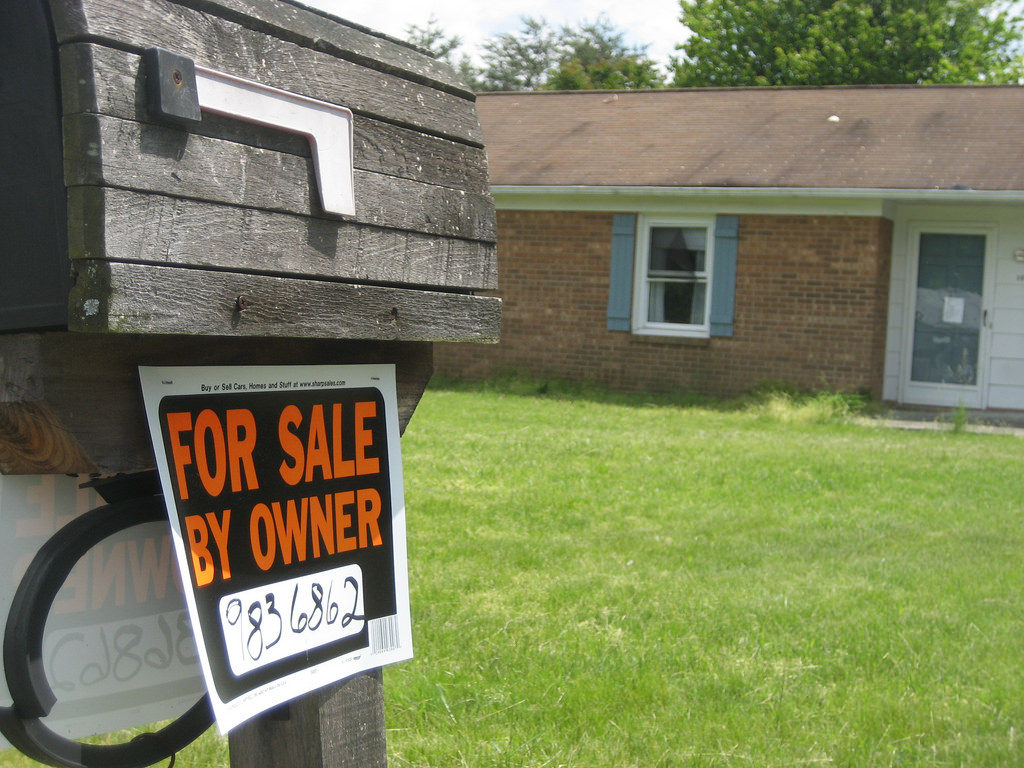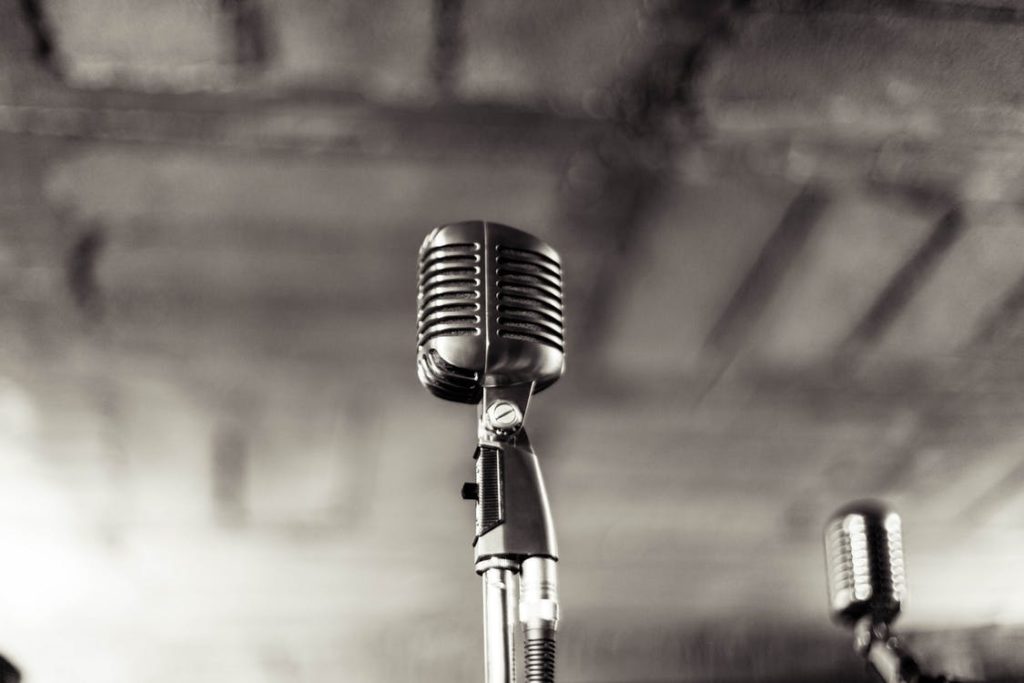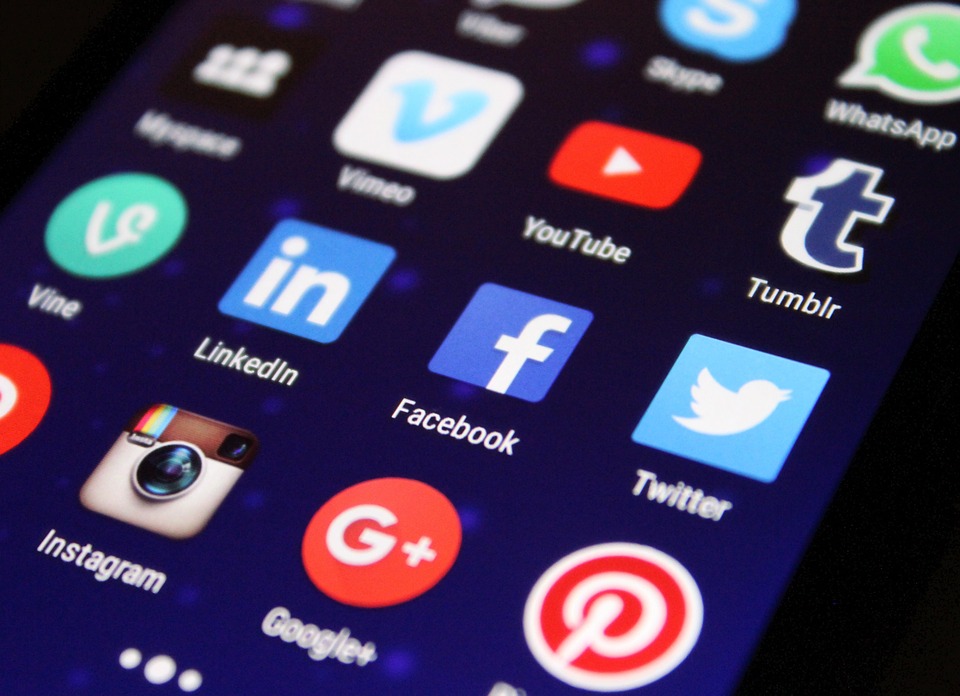The declaration of the global coronavirus pandemic last spring led to the implementation of all sorts of safety precautions intended to stop the spread. More than a year later, virtually all of those early precautions are still in place in some form or other. They include everything from countertop acrylic shields to face masks.
Hopefully, a curious anthropologist will eventually take on the task of studying the psychological and practical effects of the global coronavirus response. If such studies ever occur, researchers might just determine that acrylic shields and face masks are little more than psychological safety barriers.
Controlling Traffic with Barriers
The interesting thing about countertop screens and face coverings is the lack of hard science proving their efficacy. We just assume they work because common sense dictates it. But we do not really know. For all intents and purposes, those countertop shields and face masks could be the coronavirus equivalent of traffic barriers.
Let’s say you’re driving down the street and you see traffic barriers in the distance. Maybe it is a collection of easily recognised orange cones. Or perhaps it’s a group of work area safety barriers in the street. Regardless, you instantly know that the traffic ahead is being controlled. You intuitively know that you need to slow down and drive more cautiously.
Traffic can be controlled through all sorts of barriers. People recognise the barriers and respond accordingly. So much so that you could reroute traffic anywhere you wanted it to go, even if there were no legitimate reason for doing so. Just put up some barriers.
Just Following Directions
Getting back to driving down the street, what if you eventually came upon the barriers but didn’t notice anything worth diverting traffic for. There are no construction workers present. There doesn’t appear to be any damage to the street itself. In fact, the only thing impeding you from continuing in the same direction is a group of orange cones.
Are you likely to run over the cones and continue down the street? No. You’re going to follow the directions those cones represent. You are going to turn off and take the directed detour because that is what you are being told to do. Your actions are being controlled by barriers that have more of a psychological effect than a physical one.
Barriers Don’t Stop Anything
If you wanted to continue down the street, those orange cones could not stop you. They are no match for the tonnes of metal and plastic known as your car. And yet, they are unparalleled as a psychological barrier. That is the real power they possess.
Your brain has been trained to respond to traffic barriers in a certain way. It is so ingrained in your thinking that you will not even consider running over the cones and continuing on. Your psychological need to respond a certain way overpowers everything.
Feeling Safer with Face Coverings
Now, let us translate all of this to coronavirus restrictions. In many places around the world, both local governments and private property owners are requiring people to wear face coverings. Organisations like the WHO and CDC insist that face coverings help to stop the spread of coronavirus. Yet the world still lacks sufficient clinical evidence to that effect. So why mandate face coverings? For the same reason orange cones are placed in the street.
Even if face coverings do manage to trap the largest respiratory droplets we exhale, they are by no means airtight barriers. The air we exhale still manages to escape. So do some of the droplets in that air. What is more important to health officials is the psychological barrier represented by face coverings.
A face covering represents caution. Large groups of people all walking around with face coverings are likely to be wary enough to stay away from one another. They voluntarily maintain distance because so many face coverings remind them to be fearful.
How many times have you heard people request that others wear face coverings because it will make them feel better? What is that, if not a psychological barrier?
Feeling Safer with Countertop Barriers
Even lacking clinical data, it is easy to understand why people would believe face masks are a good idea. Countertop barriers are a different matter. They do absolutely nothing to prevent air circulation. If there is a virus flowing in the air, a piece of acrylic attached to the top of a counter isn’t going to stop it from moving around.
Clinical data proving the efficacy of countertop screens is virtually non-existent. Yet the screens are everywhere now. We have installed them in offices and businesses around the world because they make us feel like we are doing something to control the spread of coronavirus. Whether or not we actually are doesn’t seem to matter.
We feel better with countertop screens because they provide a psychological barrier. They create the illusion that there are only a limited number of virus molecules on the other side of the barrier, molecules that cannot possibly travel because a piece of acrylic is in the way.
Barriers Control Our Behaviour
It looks like coronavirus mitigation controls are going to be with us for the remainder of 2021, if not longer. The sad reality is that they may be with us forever. What makes it so sad is that the use of such barriers controls our behaviour whether we like it or not. Therein lies the real danger of this entire situation.
Every aspect of human existence involves risk. Each of us risks catching all sorts of viruses every time we inhale. We also risk being involved in a fatal car accident whenever we drive. There are risks related to everything we do, from eating food (choking) to exercising (heart attack or stroke). Furthermore, we assume a certain amount of risk in order to do what we want to do.
Barriers have the unique ability to control human behaviour while eliminating any thought of risk. Orange cones set neatly on a cracked concrete walkway will cause any of us to completely avoid walking in that area without ever considering the risk of continuing unimpeded. The cones make the decision for us.
The same is true for all of the coronavirus mitigation restrictions we are now subject to. They function as barriers to normal behaviour. They also strip us of the freedom to assess risk and make decisions accordingly. In the end, they may be psychological barriers more than anything else.

